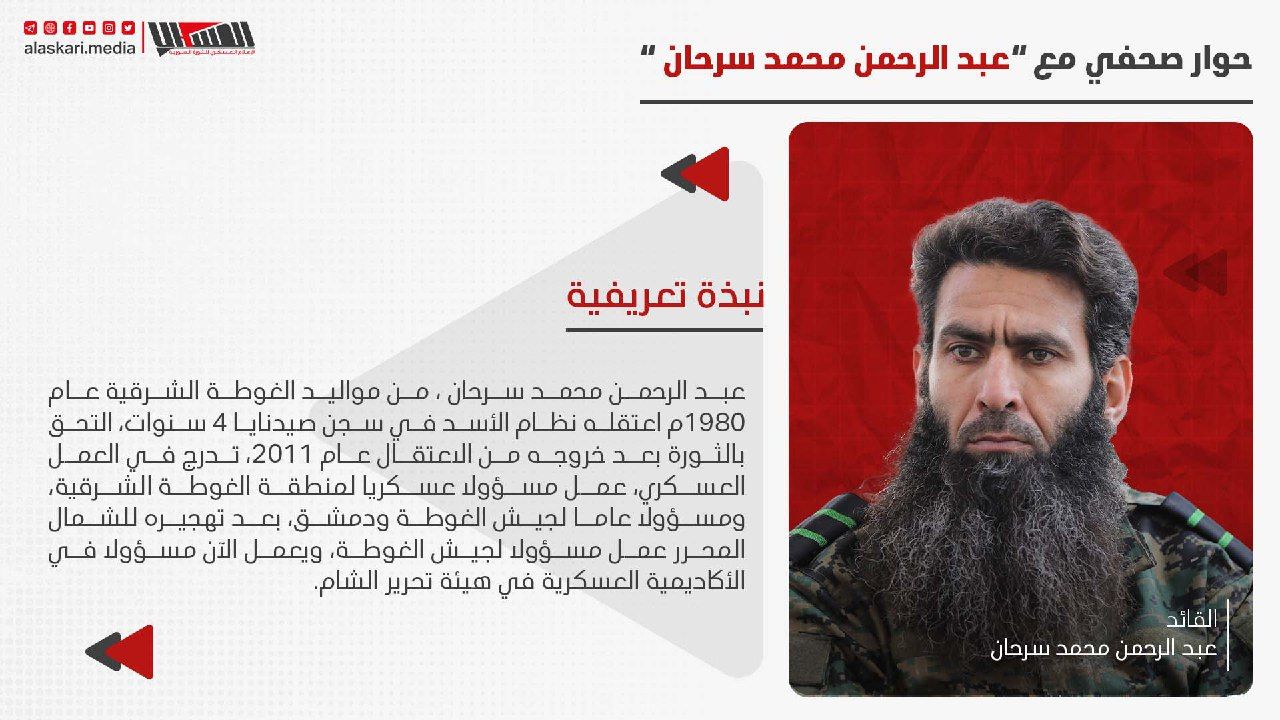
On July 10, a United Nations vote will decide the future of the cross-border aid mechanism for northwest Syria, an area run by the jihadist group Hayat Tahrir al-Sham (HTS). The mechanism—which facilitates aid to northwest Syria via Turkey without having to go through Damascus—faces the prospect of nonrenewal for the first time since it was created in 2014, as a consequence of the Russian invasion of Ukraine. A failure to renew the mechanism would exacerbate an already daunting humanitarian situation in northwest Syria, where some three-fourths of the population consists of internally displaced persons (IDPs). While aid will likely continue on a far more limited basis if Russia vetoes the mechanism, from a U.S. perspective a more self-reliant HTS-run territory requiring less international assistance would actually be far preferable to a situation in which aid renewal remains subject to periodic dramas.
Over the past roughly six years, HTS has transformed itself from an al-Qaeda branch into something resembling a typical regional state governing body, with the group engaging in human rights violations and embracing inflammatory rhetoric. To begin with, it has focused increasingly on developing local institutions and the economy. The group’s strides in governance have been facilitated, in part, by the March 2020 Turkey-Russia ceasefire agreement, which more or less froze the conflict line. Since then, HTS leader Abu Muhammad al-Jawlani has reiterated the value he places on self-sufficiency and constructing a new polity and society that does not rely on outside help. If HTS and its civilian-led Syrian Salvation Government (SSG) actually followed through on Jawlani’s ideas, locals could find other avenues to support themselves. Yet one must acknowledge at this point that HTS has not matched its lofty rhetoric with efforts to develop indigenous capabilities. Instead, it has worked hard to monopolize economic power.
Click here to read the rest.










